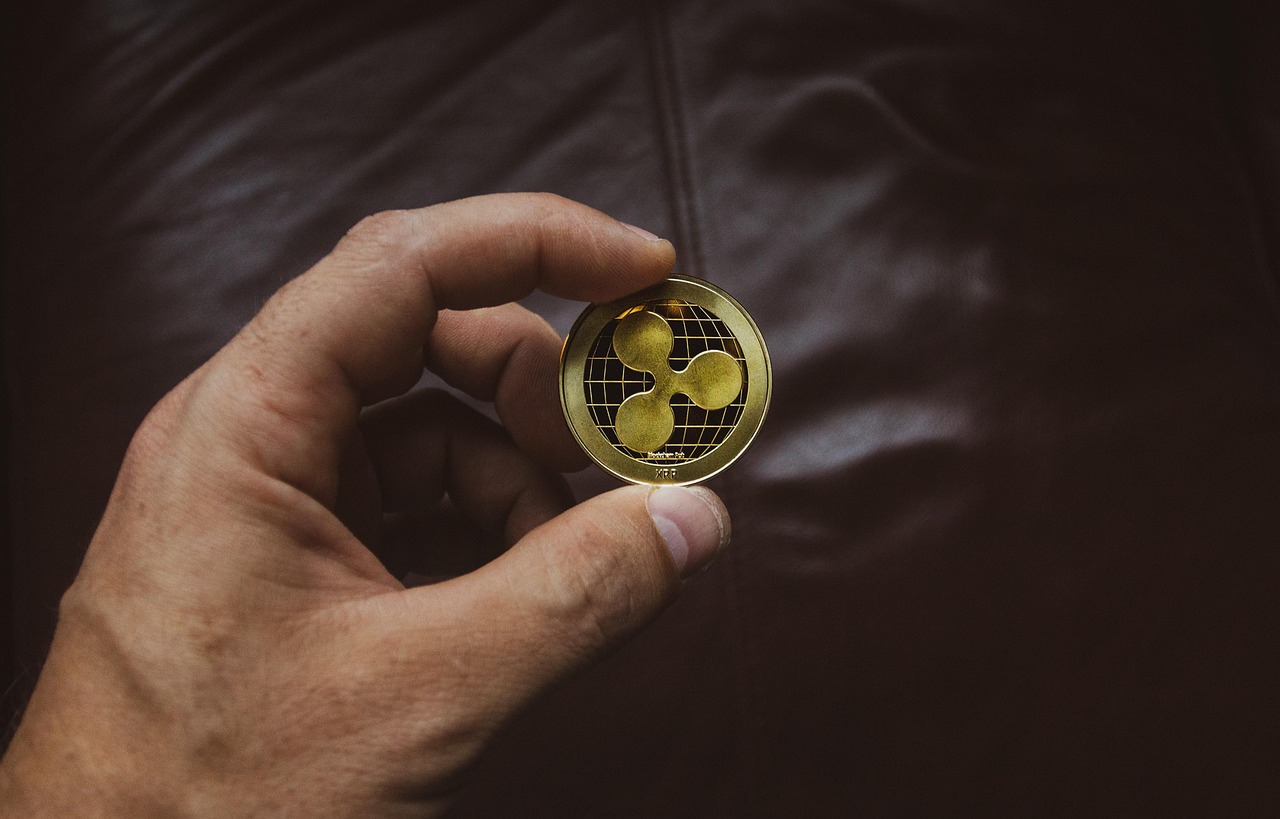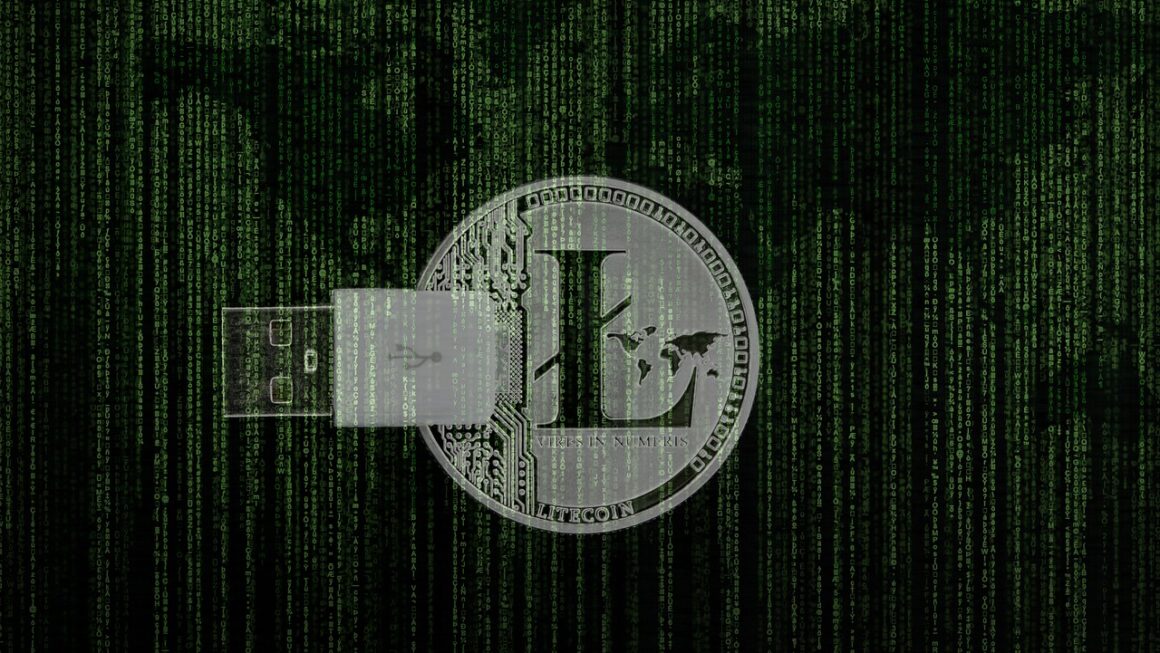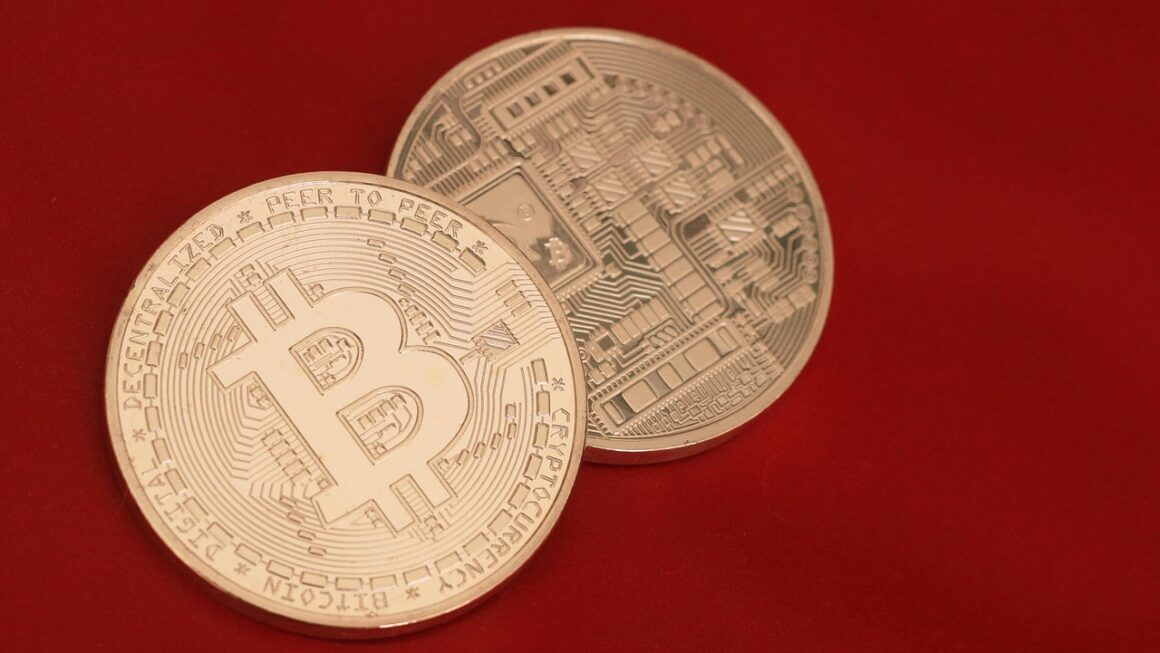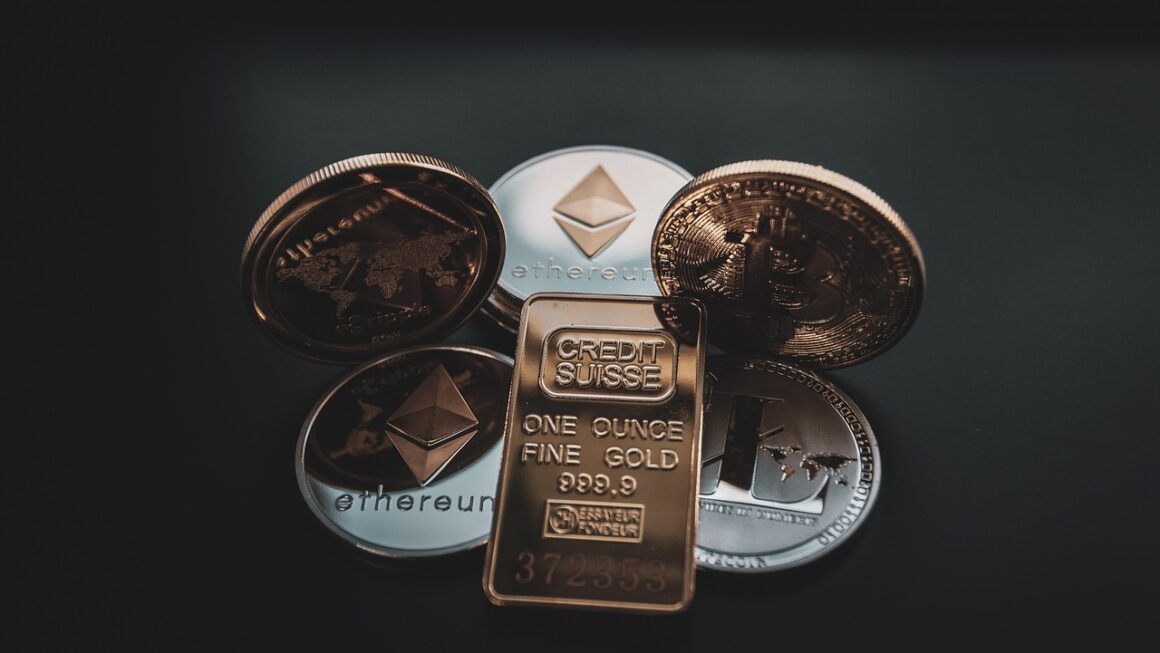Navigating the vast and exciting world of cryptocurrencies often leads investors beyond Bitcoin into the realm of altcoins – digital currencies other than Bitcoin. But venturing into this space requires the right tools, and chief among them is an altcoin wallet. Choosing the right wallet can significantly impact your security, accessibility, and overall experience. This guide delves into the intricacies of altcoin wallets, exploring their types, features, and how to select the best one for your needs.
Understanding Altcoin Wallets
Altcoin wallets are essential tools for storing, sending, and receiving various cryptocurrencies besides Bitcoin. They provide secure access to your digital assets, allowing you to manage your portfolio effectively. Unlike traditional bank accounts, altcoin wallets don’t actually hold your coins; instead, they store the private keys needed to access and control them on the blockchain.
Types of Altcoin Wallets
Several types of altcoin wallets cater to different needs and preferences. Understanding these distinctions is crucial for making an informed choice.
- Software Wallets (Hot Wallets): These are applications installed on your computer or mobile device. They offer convenience but are more vulnerable to security threats if your device is compromised. Examples include:
Desktop Wallets: Electrum, Exodus, Atomic Wallet
Mobile Wallets: Trust Wallet, Coinomi, MetaMask (also available as a browser extension)
- Hardware Wallets (Cold Wallets): These are physical devices that store your private keys offline, offering the highest level of security. They are ideal for long-term storage and large holdings. Popular options include:
Ledger Nano S/X
Trezor Model T
- Web Wallets: Accessed through a web browser, these wallets offer ease of use but rely on the security of the service provider. Exercise caution and choose reputable platforms. Examples:
MyEtherWallet (MEW)
MetaMask (in its browser extension form)
- Paper Wallets: Involve printing your public and private keys on a piece of paper. This method is highly secure for long-term storage but requires careful handling and storage to avoid damage or loss.
Factors to Consider When Choosing a Wallet
Selecting the right altcoin wallet depends on several factors, including your security needs, frequency of transactions, and the specific altcoins you intend to store.
- Security: Prioritize wallets with strong encryption, two-factor authentication (2FA), and a good reputation for protecting user funds. Hardware wallets offer the best security, while software wallets require vigilance in protecting your device.
- Supported Altcoins: Ensure the wallet supports the specific altcoins you want to store. Some wallets are designed for specific blockchains (e.g., Ethereum-based tokens), while others offer multi-currency support.
- Ease of Use: Opt for a wallet with a user-friendly interface, especially if you’re new to cryptocurrencies. Clear navigation and intuitive features can simplify the process of sending and receiving coins.
- Backup and Recovery: Choose a wallet that allows you to create a backup of your private keys or seed phrase. This enables you to recover your funds if your device is lost or damaged.
- Community and Development: A strong community and active development team indicate that the wallet is well-maintained and receives regular updates to address security vulnerabilities and improve functionality.
- Fees: Be aware of any transaction fees associated with using the wallet. Some wallets may charge fees for sending or receiving coins, while others may offer customizable fee options.
Security Best Practices for Altcoin Wallets
Regardless of the type of altcoin wallet you choose, it’s crucial to follow security best practices to protect your digital assets.
Protecting Your Private Keys
Your private keys are the key to accessing and controlling your altcoins. Keep them secret and secure.
- Never share your private keys or seed phrase with anyone. Phishing scams often target users by posing as support staff or offering free coins in exchange for private key information.
- Store your private keys offline whenever possible. Hardware wallets are designed to keep your private keys offline, but even software wallets can be used in conjunction with offline storage methods like paper wallets.
- Use a strong password and enable two-factor authentication (2FA) on your wallet. 2FA adds an extra layer of security by requiring a second verification method, such as a code sent to your mobile device.
- Regularly back up your wallet and store the backup in a safe place. Test your backup to ensure it works correctly.
Avoiding Common Security Threats
The cryptocurrency space is rife with scams and security threats. Be aware of these risks and take precautions to protect yourself.
- Phishing Attacks: Be wary of suspicious emails, websites, or messages that ask for your private keys or login credentials. Always verify the authenticity of the source before entering any sensitive information.
- Malware: Protect your computer and mobile devices from malware by installing antivirus software and keeping your operating system and applications up to date. Avoid downloading software from untrusted sources.
- Man-in-the-Middle Attacks: Use a secure internet connection (e.g., a VPN) when accessing your wallet, especially on public Wi-Fi networks. This can help prevent attackers from intercepting your data.
- Dusting Attacks: Small amounts of cryptocurrency (dust) are sent to numerous wallet addresses. The goal is to de-anonymize the wallet owner by tracking their transactions. Avoid consolidating these small amounts with your main holdings.
Practical Security Tips
These actionable tips can improve the security of your altcoin holdings.
- Use a dedicated device for your altcoin wallet. This minimizes the risk of malware infection and other security threats.
- Keep your wallet software up to date. Developers regularly release updates to address security vulnerabilities and improve functionality.
- Consider using a multi-signature wallet. This requires multiple private keys to authorize a transaction, adding an extra layer of security. This is particularly useful for businesses.
- Educate yourself about cryptocurrency security best practices. The more you know, the better equipped you will be to protect yourself from scams and attacks.
Multi-Currency vs. Single-Currency Wallets
Choosing between multi-currency and single-currency wallets depends on your portfolio diversification and how frequently you transact with different altcoins.
Benefits of Multi-Currency Wallets
- Convenience: Manage multiple altcoins in one place, simplifying portfolio management.
- Reduced Complexity: No need to install and manage multiple wallets for different cryptocurrencies.
- Unified Interface: A single, user-friendly interface for all your altcoin holdings.
- Portfolio Overview: Easily track the value and performance of your entire altcoin portfolio.
- Cross-Chain Swaps: Some multi-currency wallets offer built-in exchange functionality, allowing you to swap between different cryptocurrencies directly within the wallet.
Limitations of Single-Currency Wallets
- Limited Support: Only supports a specific altcoin or blockchain, requiring multiple wallets for a diversified portfolio.
- Inconvenience: Managing multiple wallets can be cumbersome and time-consuming.
- Increased Risk: Spreading your private keys across multiple wallets can increase the risk of losing access to your funds.
- Specialized Features: Single-currency wallets may offer specialized features tailored to that specific altcoin, which may be lacking in multi-currency wallets.
Examples
- Multi-Currency: Exodus, Atomic Wallet, Trust Wallet, Ledger Nano S/X
- Single-Currency: Electrum (Bitcoin), MyEtherWallet (Ethereum)
Choosing the right type depends on your specific needs. If you only hold a few different coins and value simplicity, a single-currency wallet could be sufficient. For broader diversification, multi-currency options offer a more consolidated and manageable solution.
Integrating Altcoin Wallets with Decentralized Applications (DApps)
Many altcoins are used within decentralized applications (DApps) on platforms like Ethereum and Binance Smart Chain. Integrating your altcoin wallet with these DApps allows you to interact with the decentralized ecosystem, participate in DeFi protocols, and collect NFTs.
Popular DApp Wallets
- MetaMask: A browser extension and mobile wallet that supports Ethereum and other EVM-compatible blockchains. It is widely used for interacting with DeFi protocols, NFT marketplaces, and other DApps.
- Trust Wallet: A mobile wallet that supports a wide range of altcoins and blockchains. It offers a built-in DApp browser that allows you to access DApps directly from your smartphone.
- WalletConnect: An open-source protocol that allows you to connect your mobile wallet to DApps on your computer without exposing your private keys.
- Coinbase Wallet: A mobile wallet that supports Ethereum and other ERC-20 tokens. It offers a user-friendly interface and integration with the Coinbase exchange.
Using Wallets with DeFi Protocols
Decentralized Finance (DeFi) protocols offer various financial services, such as lending, borrowing, and staking. Using your altcoin wallet with DeFi protocols allows you to earn interest on your holdings, borrow funds, and participate in decentralized governance.
- Connecting to DeFi Platforms: Most DeFi platforms require you to connect your wallet to their website or application. Make sure that the website is legitimate before connecting your wallet.
- Staking: Staking involves locking up your altcoins to support the network and earn rewards. Many DeFi platforms offer staking options for various altcoins.
- Yield Farming: Yield farming involves providing liquidity to DeFi protocols and earning rewards in the form of transaction fees and governance tokens.
- Lending and Borrowing: DeFi platforms allow you to lend your altcoins to other users and earn interest. You can also borrow altcoins by providing collateral.
Considerations
Be aware of the risks associated with using your altcoin wallet with DApps and DeFi protocols. Smart contract bugs, impermanent loss, and rug pulls are just some of the potential dangers. Always do your research and only invest what you can afford to lose.
Conclusion
Choosing the right altcoin wallet is a critical decision that impacts your security, convenience, and overall experience in the cryptocurrency world. By understanding the different types of wallets available, considering your individual needs, and following security best practices, you can confidently navigate the altcoin landscape and protect your digital assets. Remember to always prioritize security, regularly back up your wallet, and stay informed about the latest threats and scams. With the right wallet and a cautious approach, you can unlock the potential of altcoins while minimizing the risks.




